Demand for organic has fallen further than many experts predicted - with some categories in double-digit volume decline.
Volume sales of bread fell 29%, fruit by 20%, eggs by 12%, and vegetables by 8%, according to figures from TNS [52w/e 25 January 2009]. In value terms, overall sales of organic food and drink were down 1% despite spiralling food inflation. During the same period, value sales of non-organic food increased 7%.
As a further blow to organic producers, the category's share of the grocery market slipped from 1.4% to 1.3%. And the fall in demand is more extreme when looking at the 12-week period ending 25 January, which shows spend down 15% and market share slipping to 1.1%.
"A lot of this boils down to money," said Ed Garner, TNS Worldpanel communications director. "Premium is under pressure and the ones that shout value are doing well. Many organic products are seen as too expensive. People are still prepared to pay a low premium - they're quite happy with organic milk, for example, where volumes have dropped less than 1%."
Although dairy is expected to be the most resilient organic sector during the recession, Yeo Valley - the UK's biggest organic brand - has found it tough to maintain sales.
"It's no surprise to hear organic sales figures are down," said Ben Cull, marketing director at Yeo Valley. "We've had fantastic double-digit growth for years, but now things have changed. We are having to promote harder and be more active to maintain our share."
He added that Yeo Valley's sales had declined last year but were now starting to rise again as the company increased its promotions.
However, Peter Melchett, policy director of the Soil Association, said: "Reports of a large decline in organic doesn't chime with what we've been hearing. We knew some fresh fruit and veg sales had declined in some retailers, such as Tesco, but Asda is selling more organic than it was so it's a very varied picture."
Volume sales of bread fell 29%, fruit by 20%, eggs by 12%, and vegetables by 8%, according to figures from TNS [52w/e 25 January 2009]. In value terms, overall sales of organic food and drink were down 1% despite spiralling food inflation. During the same period, value sales of non-organic food increased 7%.
As a further blow to organic producers, the category's share of the grocery market slipped from 1.4% to 1.3%. And the fall in demand is more extreme when looking at the 12-week period ending 25 January, which shows spend down 15% and market share slipping to 1.1%.
"A lot of this boils down to money," said Ed Garner, TNS Worldpanel communications director. "Premium is under pressure and the ones that shout value are doing well. Many organic products are seen as too expensive. People are still prepared to pay a low premium - they're quite happy with organic milk, for example, where volumes have dropped less than 1%."
Although dairy is expected to be the most resilient organic sector during the recession, Yeo Valley - the UK's biggest organic brand - has found it tough to maintain sales.
"It's no surprise to hear organic sales figures are down," said Ben Cull, marketing director at Yeo Valley. "We've had fantastic double-digit growth for years, but now things have changed. We are having to promote harder and be more active to maintain our share."
He added that Yeo Valley's sales had declined last year but were now starting to rise again as the company increased its promotions.
However, Peter Melchett, policy director of the Soil Association, said: "Reports of a large decline in organic doesn't chime with what we've been hearing. We knew some fresh fruit and veg sales had declined in some retailers, such as Tesco, but Asda is selling more organic than it was so it's a very varied picture."




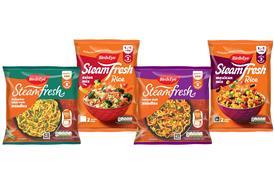





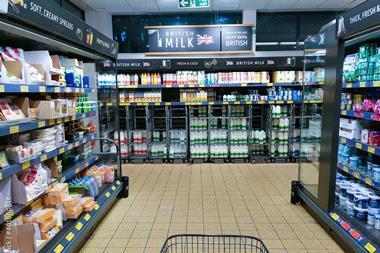
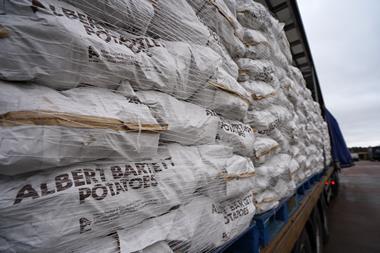
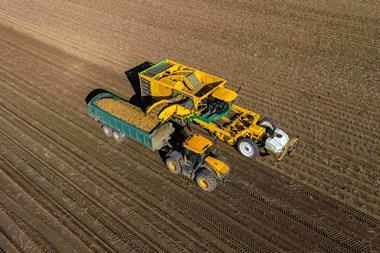

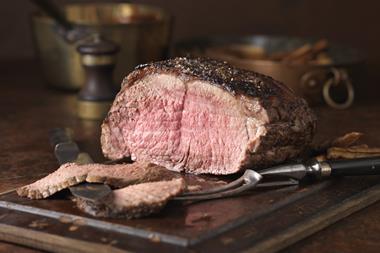


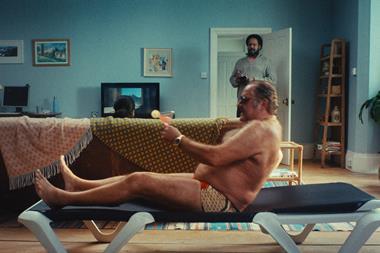
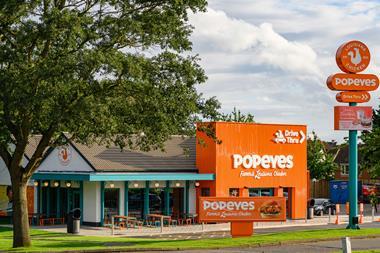
2 Readers' comments